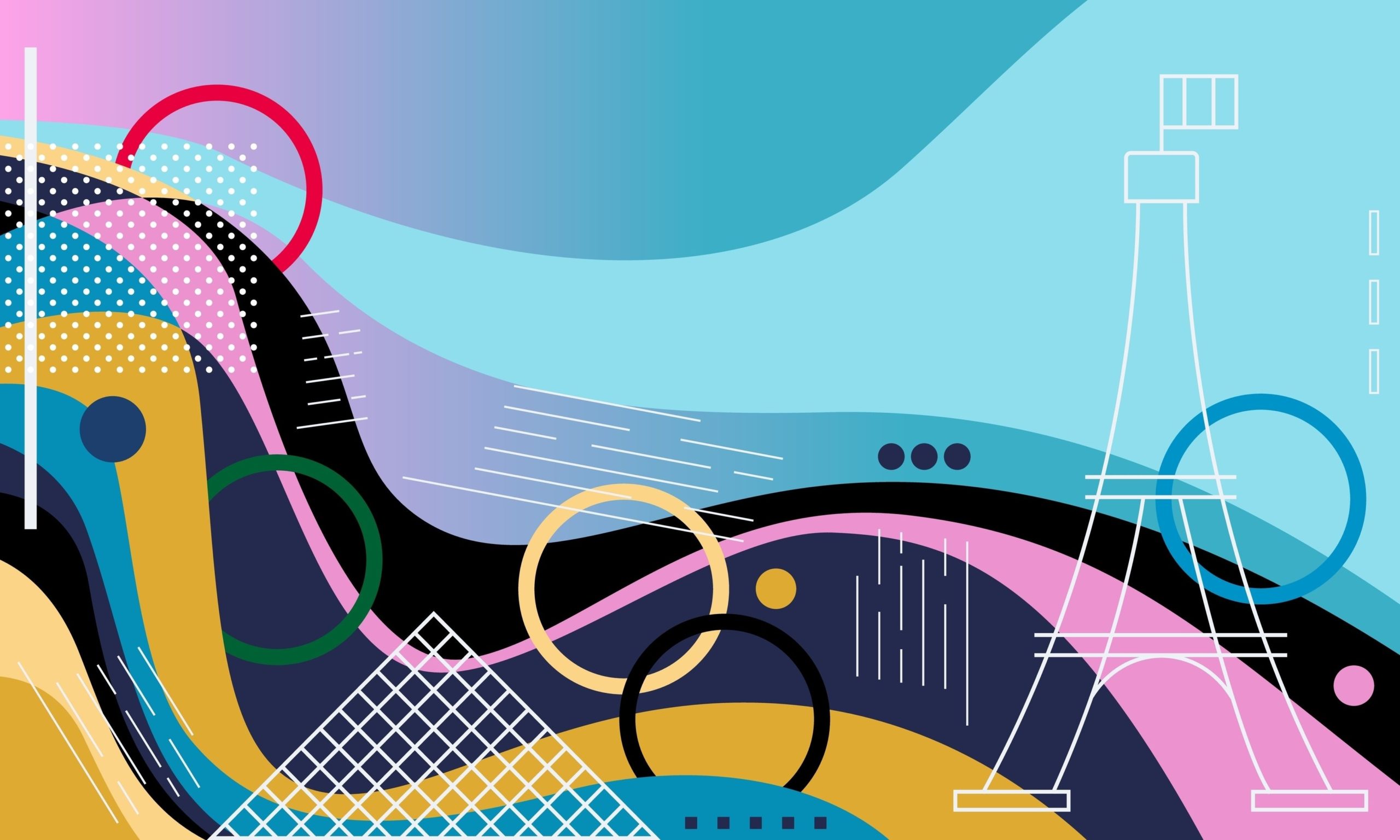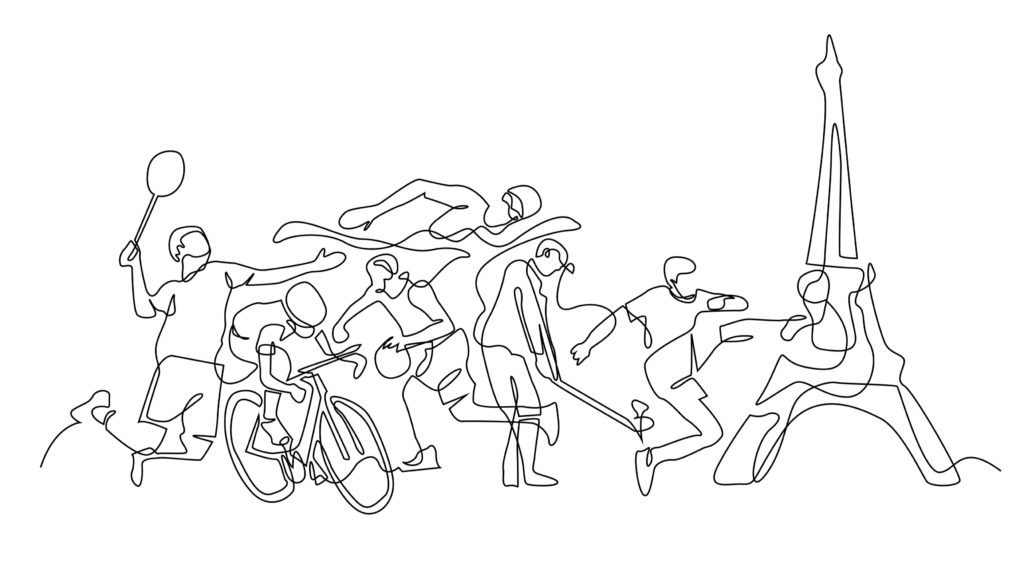
The Olympics see participation from over 200 countries and involve the use of more than 300 languages making it one of the most followed events worldwide. This global engagement highlights the Olympics as an extraordinary example of intercultural dialogue on a grand scale.
Linguistic and Cultural Diversity
Hosting the Olympics allows countries to become a stage for the world, showcasing their local culture and hospotality.
In 2012, the UK demonstrated how they were a crossroads for cultural diversity and how multilingualism is a tool to inclusivity. The 2000 Sydney Olympics celebrated Australia’s linguistic diversity through special programs and the 2008 Beijing Olympics portrayed China as a blend of modernity and tradition, combining Chinese hospitality with advanced intercultural communication systems.
Examples that demonstrate an understanding of how the Olympics can be a powerful tool to promote peace, international cooperation and intercultural dialogue towards a more harmonoius future.
The Role of Sport in Global Communications
Sports bring people together regardless of their cultural, racial, political and linguistic backgrounds. The universally understood rules of the games create an even playing field, fostering mutual respect, integrity, and cooperation.
Core values such as sportsmanship, teamwork, and fair play help breakdown stereotypes and build friendships, encouraging mutual respect and engagement based on shared interests rather than on cultural and national differences.
Many of the best teams around the world are made up of international and multicultural sports professionals.
The stories of athletes from diverse countries inspire a global audience promoting a sense of unity and belonging to a larger community. This fosters a sense of global citizenship, as everyone can feel part of something grander and more inclusive.

The Olympic Charter and Cultural Diversity
The Olympic charter emphasizes promoting a peaceful society and preserving human dignity. The mission includes encouraging multilingualism and cultural diversity, reflected in the diverse representation at the Games.
The Olympics often celebrate the arts and traditions of the host country an participating nations, with performances and exhibitions that highlight different langauges and cultures.
For many, the Olympic Games provide a first experience with so many diverse peoples, nations, and flags helping us all see beyond our own bordersand recognize that people are more similar than they are different. The Olympics are more than a window on athletic talent, they are an opportunity to promote intercultural understanding and overcome prejudices.
At the 2016 Rio Olympics, the Refugee Olympic Team was intrduced to represent athletes who have been displaced from their homeland, often due to conflict. The Refugee Team draws attention to global humanitarian issues, promotes inclusion and raises public awareness about global events. The team serves as a global stage for underlining the importance of intercultural communication and empathy.
English and French, the Official Olympics Languages
The International Olympic Committee (IOC) recognizes English and French as the official languages of the Olympics.
English, widely studied, spoken and understood globally, serves as a common language for people from diverse linguistic backgrounds, ensuring the broadest possible audience reach.
French is honored in recognition of Pierre de Coubertin, the French founder of the modern Olympic Games.
Multilingual Media Broadcasting
Although the official languages at the Games are English and French they are typically broadcast in numerous other languages to cater to a global audience.
The Olympic events are broadcast around the world across 220 countries and territories in major and minor langauges, ensuring accessibility and inclusivity for diverse people.
This vast coverage makes the Olympics a significant global event that contributes to international cooperation. By making content available in multilple lanuages, the Games have a widespread impact on global engagment allowing most viewers to enjoy the events in their native language.
Recently sign language has been included in cermonies and broadcasts further enhancing accessibility for viewers around the world.
Language Services and Global Collaboration
As a sports and media language service provider, we play a vital role in supporting the Olympics and sporting events with official translation, interpretating and language training services. We ensure clear communication among participants from diverse linguistic backgrounds, facilitating cooperation and understanding.
Maka prepares athletes and coaches to communicate with the media and the international public, as well as provides courses and training in intercultural courses to better understand the various cultures represented.
Recent Olympics have seen a significant number of interpreters and translators supporting communication among organizers, athletes, officials, and media. This includes advanced translation technology and services for on-site and remote interpreting.
Additionally, our team of professional translators and interpreters ensures that every word and message is conveyed accurately during multilingual press conferences and official sporting events, making every participant feel included regardless of the language spoken.
#MakaLove
The Olympic Games go beyond mere sports competition, representing a unique opportunity to promote understanding and respect among different cultures. They serve as a catalyst for intercultural dialogue and global peace, fostering a broader understanding and a sense of global community.
Through our commitment to facilitating interaction among different nations, we help bridge language barriers and promote effective intercultural interactions, contributing to a more harmonious and inclusive global society for everyone.
#MakaLove


